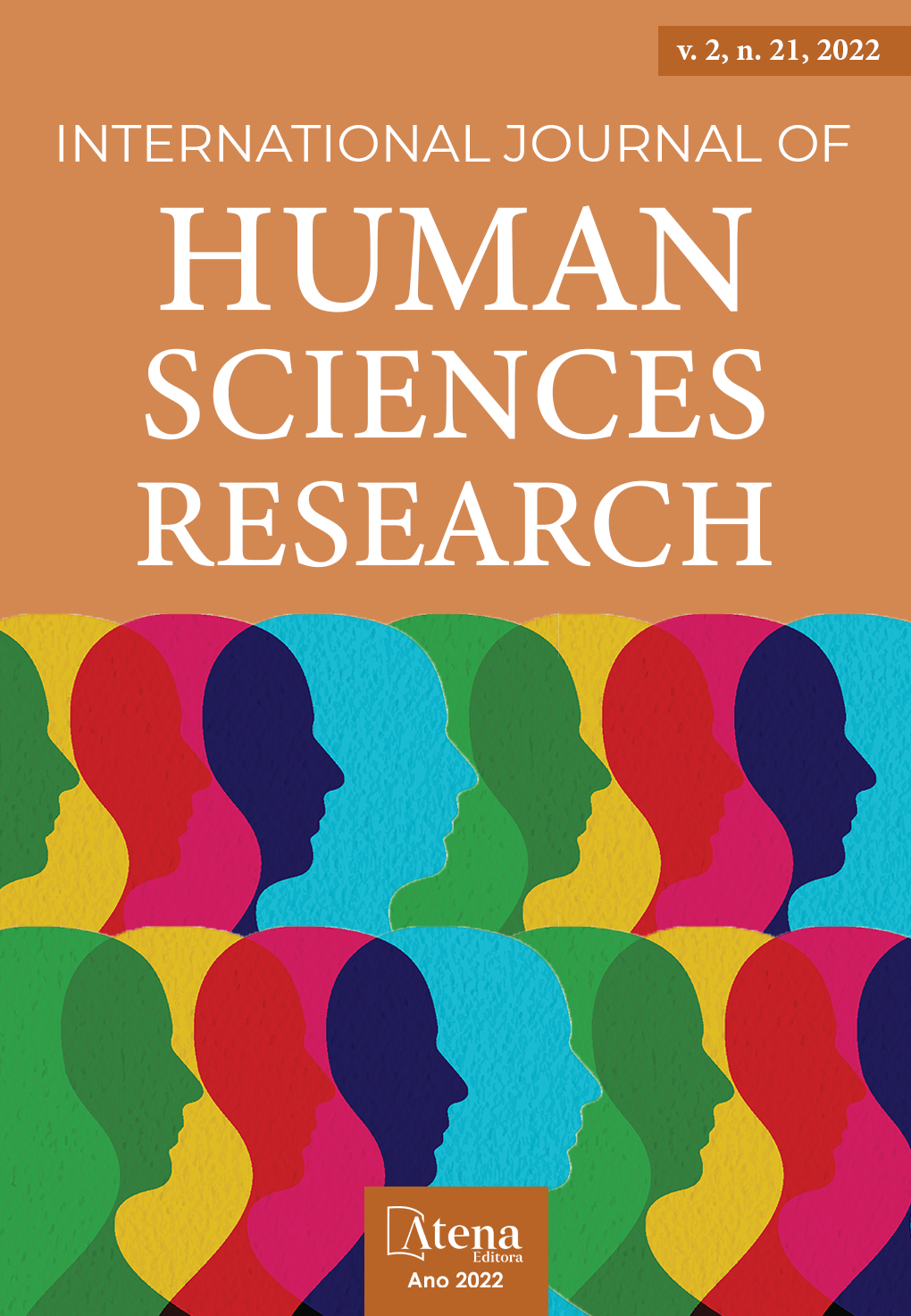
THE INCLUSION OF STUDENTS WITH DOWN SYNDROME IN CHILD EDUCATION
The inclusion of children with special needs in the regular education system is one of the most important challenges experienced today, especially by educators, so this work is based on the interaction between students with and without Down Syndrome, also aiming at pedagogical practices , since their Early Childhood Education, because it is from there that children can evolve as much as the others, but with a longer time of learning and the stimuli received. The main objective is to propose planned actions to promote affective relationships between family, students, teacher and school, having as a reference laws that guarantee inclusion, curricular adaptations and, above all, equality for all, for the disabled. The work also analyzes the causal factors of Down syndrome and its pathogenesis. In addition to bringing a review of the natural history of this syndrome and the effects of chromosomal band 21q22 trisomy, considered critical for the disorder. For, although this chromosomal imbalance is necessarily present in Down syndrome, the relevance of genetic determinism is questioned from the observation of the possibility of development of cognitive potential in subjects affected by the syndrome, after the application of neuromotor stimulation and psychopedagogical programs.
THE INCLUSION OF STUDENTS WITH DOWN SYNDROME IN CHILD EDUCATION
-
DOI: 10.22533/at.ed.5582212215072
-
Palavras-chave: Special education. School inclusion. Social interaction. Organization of Pedagogical Action. Down's syndrome.
-
Keywords: Special education. School inclusion. Social interaction. Organization of Pedagogical Action. Down's syndrome.
-
Abstract:
The inclusion of children with special needs in the regular education system is one of the most important challenges experienced today, especially by educators, so this work is based on the interaction between students with and without Down Syndrome, also aiming at pedagogical practices , since their Early Childhood Education, because it is from there that children can evolve as much as the others, but with a longer time of learning and the stimuli received. The main objective is to propose planned actions to promote affective relationships between family, students, teacher and school, having as a reference laws that guarantee inclusion, curricular adaptations and, above all, equality for all, for the disabled. The work also analyzes the causal factors of Down syndrome and its pathogenesis. In addition to bringing a review of the natural history of this syndrome and the effects of chromosomal band 21q22 trisomy, considered critical for the disorder. For, although this chromosomal imbalance is necessarily present in Down syndrome, the relevance of genetic determinism is questioned from the observation of the possibility of development of cognitive potential in subjects affected by the syndrome, after the application of neuromotor stimulation and psychopedagogical programs.
-
Número de páginas: 8
- Jane Silvia Chaquime Pizato
- Maria Madalena Freitas Barbosa
- Luci Almeida da Silva
- Suellen Natali Azevedo Rocha
- Iolanda Maria Luiz de Lima
- Carla Nunes Tanaka
- Tatiane da Silva Ortellado
- Maria de Fátima Ferreira Rocha
- Edineide Silva Bezerra
- Sonia Maria Gomes Da Silva Rodrigues
- Simone Bortolusso
- SARA SOUZA BATISTA


